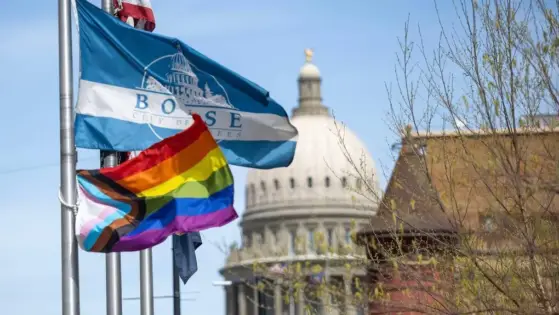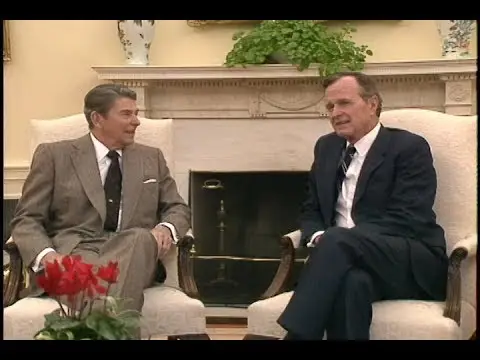Southern Sunday: The International Drug Policy Reform Conference 2015
It’s Sunday afternoon in the United States capital as I write this week’s missive from your Southern neighbor. I’m sitting in Dulles International Airport awaiting a cross-continental flight after four amazing days at the International Drug Policy Reform Conference at the Crystal Gateway Marriott. (Search #ReformConf15 on social media for highlights.)
Drug Policy Alliance holds this conference every odd year and it is the premier education, communication, and networking event for advocates from every area of reform – from cannabis legalizers like NORML to psychedelic researchers like MAPS, from mock-up safe injection sites to DanceSafe rave culture harm reduction, from 22 Too Many veterans suicide awareness to Law Enforcement Against Prohibition, from the Brownie Mary Democratic Club to the Republicans Against Marijuana Prohibition, and so many more.
Over 1,500 reformers attended this year’s conference, representing 71 countries, making this the largest and most international gathering of drug policy advocates in history. Spanish translation was available for most panels and all the plenaries and many panels were conducted entirely in Spanish. A landmark Town Hall Meeting with founders and activists from Black Lives Matter convened to discuss the intersection of racial justice and the Drug War. Experts from Latin America, South America, Europe, and Asia presented global perspectives on ending drug prohibition. The specific challenges of LGBTQ people with respect to drug law enforcement were considered in many panels. I attended a panel on the militarization of law enforcement that was seven women; the first all-women panel I can recall in ten years of my coverage of such events that wasn’t specifically about women’s issues.
Yet even with all the inclusiveness and diversity, the Reform Conference is still building and learning how to bring in even more communities. During the closing plenary session, an activist from New Mexico lamented that there were panels that discussed the plight of the indigenous people without including a single indigenous person. “My people are dying on the rez, we are dying on the border,” I recall her saying, “If we’re going to talk about the plight of the indigenous people, we need to be talking to the indigenous people.” (As best I remember – that was the gist. My recorder’s battery ran out before her talk.)
The Reform Conference is so packed with panels, workshops, and events that you cannot hope to attend all of the ones you want to. I overheard one attendee telling others that they should go to panels completely outside their usual sphere of reform. “Marijuana legalizers, go to a panel on psychedelics. Needle exchange folks, go to a panel on police militarization. Broaden your horizons.” The only parts that everyone can be sure to make are the opening plenary sessions on day one and two and the closing plenary on day three.
There’s a real sense of accomplishment and pride in being part of the drug law reform movement when you see 1,500 of them gathered in one huge conference ballroom. Two huge video screens presented the speakers and videos to an audience of the most dedicated activists in the world, many of whom work as volunteers and were granted special scholarships by Drug Policy Alliance to attend the event, this reporter included, for which I am very grateful.
There are so many great speeches and moments I can’t possibly recount them all in this column. You can, if you like, listen to some of them yourself on my Soundcloud page. Voices that stand out to me are the ones who’ve suffered the most in our brutal senseless drug war. Mothers from Mexico clutching pictures of their sons and daughters who’ve been slaughtered thanks to our drug prohibition. The powerful African-Americans recounting the devastation a centuries-old system of profit from addiction and punishment has wrought upon their families and communities. The recently-freed prisoners of our drug war, an African-American woman, a Latino, and a white man, all grateful to have been granted clemency after years of institutionalization, all suffering “survivor’s guilt” and having turned that despair into a life’s calling to free the remaining victims of mass incarceration.
The most important part of the conference in my estimation is the opportunity to network with all these amazing people. The Reform Conference provides plenty of opportunities, with half-hour breaks between panels, ninety minute lunch breaks, and evening events and mixers with plenty of refreshments available. I got to meet a former British MI-6 officer, the Justice Minister of Jamaica, a Washington Post reporter, a TIME columnist, a former Air Force lieutenant colonel, and consumer advocate and 2000 presidential candidate Ralph Nader. I got to reconnect with reformers I’ve met from all across the United States and finally meet in person online friends from all around the world.
There’s also a very refreshing feeling to being at a conference still dedicated to the human rights issues rather than the commercial issues coming to dominate the expos and conferences in newly-and-about-to-be-legalized marijuana states in America. You have a little less than two years to save up and prepare for the next International Drug Policy Reform Conference in Atlanta, Georgia, from October 11 through 14, 2017.






